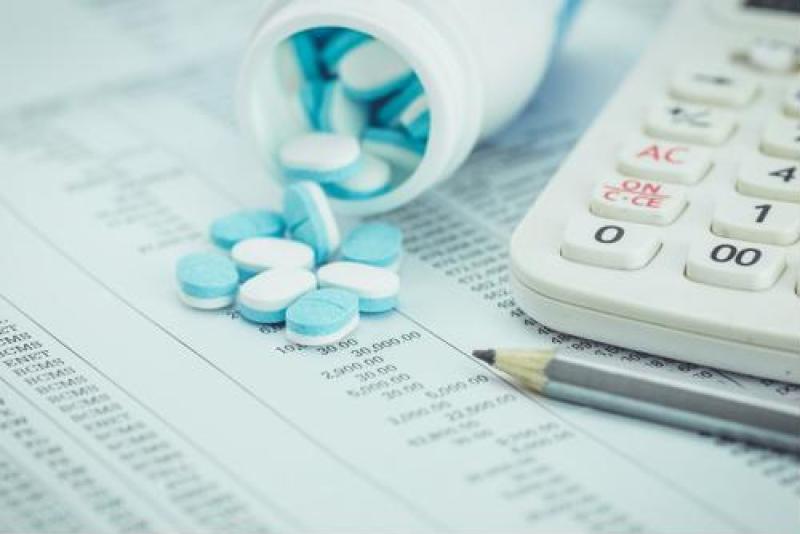
Article
Will HHS really lower drug prices in 2019?
In early August, the U.S. Department of Health and Human Services announced new plans to give Medicare more power to negotiate drug prices with suppliers. The foundation of the plan is based on models used in the private sector. By taking inspiration from the tools private payers use to negotiate prices, certain Medicare plans will be able to seek lower prices for medically necessary therapies.
A plan to reduce drug prices for seniors
On Aug. 7, HHS announced that Medicare Advantage plans will be able to leverage tools typically employed by private payers to negotiate lower prescription drug prices. Proposed to begin in 2019, the new plan aims to lower prices for 20 million seniors across the U.S. In the announcement, HHS Secretary Alex Azar noted that more than half of these savings will be passed on to patients.
Next year, Medicare Advantage plans will require enrollees to use step therapy, trying cost effective drugs first. The hope is that patients will be able to see valuable outcomes from an initial round of affordable treatment, before more expensive options are employed. Furthermore, these plans will soon be able to manage drugs covered by distinct parts of Medicare, therefore allowing the plans to pay for the most appropriate and affordable therapies.
According to HHS, these savings will be passed on to patients through lower coinsurance amounts as well as rewards programs. For instance, patients may receive gift cards as reimbursements if their medication is negotiated down to a lower price. In addition to enabling seniors to save money on their prescriptions, HHS hopes that these new tools will help patients maintain access to life-saving therapies.
Concerns from the healthcare community
After the HHS announcement, several prominent voices in the healthcare community spoke out against the plan, noting that step therapy can be dangerous for patients. Under the new plan, a patient would have to have a more affordable fail before they would be allowed to take the drug their doctor prefers. Some medical professionals worry that this intrusion on the patient-physician relationship could harm patient perceptions of providers.
The new plan from HHS does include exemptions for patients already taking a preferred drug. Likewise, patients and doctors can request an exemption from step therapy, though HHS has not yet revealed what the approval process would be for patients seeking an exemption.
Writing in Health Affairs, legal expert Rachel Sachs noted that the newly proposed plan goes against a 2012 memo from the Centers for Medicare and Medicaid, which prohibited step therapy in Medicare Advantage plans that administer drugs under Part B. CMS rescinded the 2012 memo recently without comment.
Lower drug prices arriving ahead of schedule
Less than a month after HHS announced changes to Medicare Advantage plans, and 100 days after President Donald Trump announced his blueprint for lowering drug prices, some drug prices have come down. As reported by Healthcare Finance News, 13 drug companies have instituted price freezes for the remainder of 2018 and four others have canceled their plans to raise prices. These changes are likely the result of pressure from regulatory bodies as well as an increase in generic drug production. In July, the U.S. Food and Drug Administration approved 126 generic drugs, more than any month previously.
Writing in the Washington Post, University of Southern California Health Policy and Economics professor Dana Goldman noted that lower prices could also be the result of Azar's threats to end kickbacks in the pharmacy distribution chain. In the current system, pharmaceutical benefits managers - companies responsible for administering drug coverage to Medicare patients - receive compensation for promoting specific drugs. Because PBMs don't pass those saving on, Azar wants to make those kickbacks illegal. Thus far, HHS is still contemplating its options.
Will drug prices drop in 2019? No one can say for sure, but there does seem to be a trend in that direction. To stay up to date on the latest news, check out our resource center.


